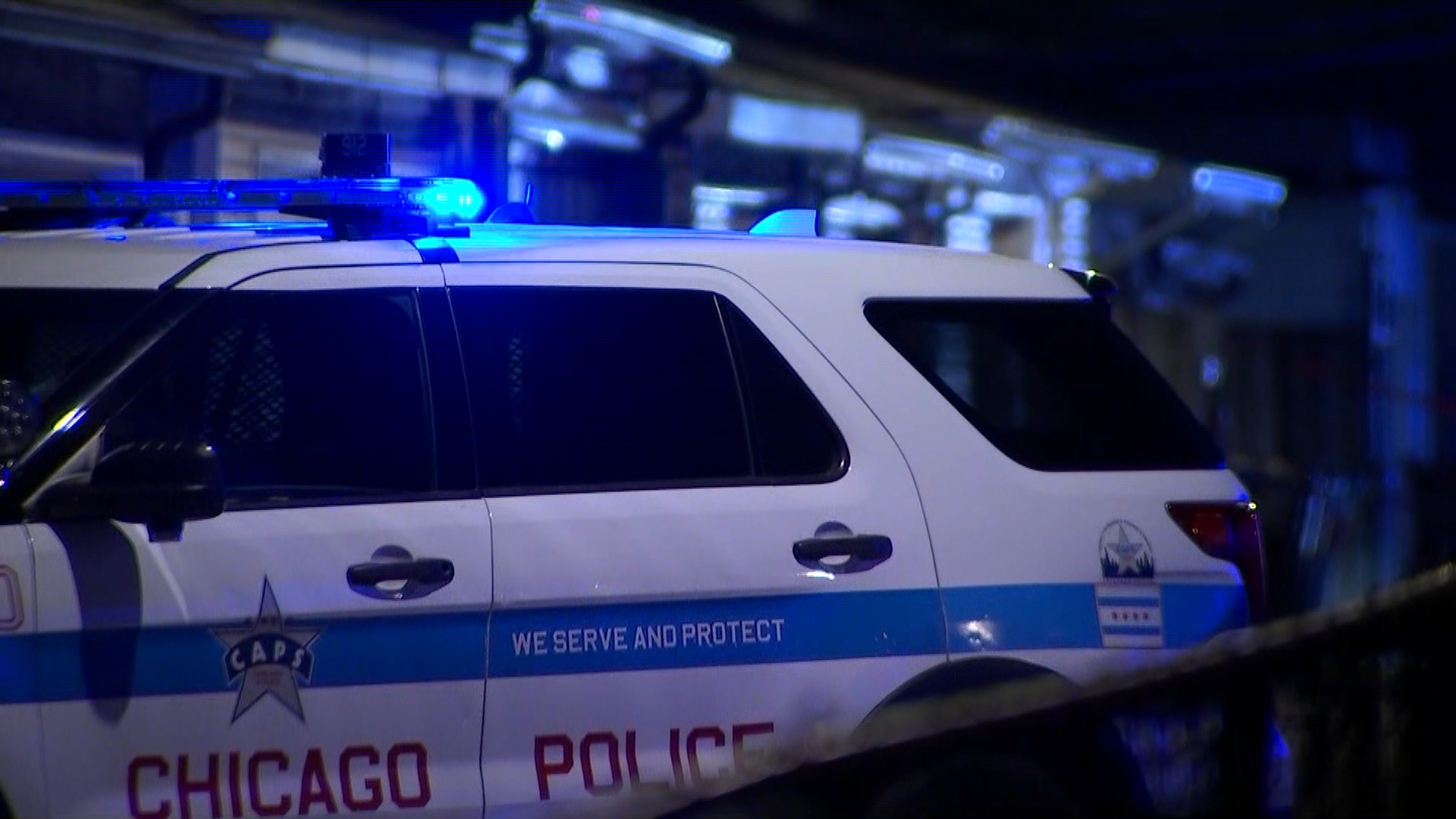Gov. Bruce Rauner's office said Thursday that an unexpected windfall of revenue from income tax receipts will allow the state to restore $26 million in grants for services including autism treatment, indigent burials and immigrant and refugee aid cut by the administration earlier this month.
It follows several weeks of hearings by House and Senate Democrats that focused on reviewing the cuts the Republican governor's administration maintained were part of a necessary effort to plug a $1.6 billion hole in this year's budget. The hearings were held around the state and at the state Capitol.
Democrats said the administration's move, which occurred shortly after lawmakers passed legislation aimed at plugging the gap with transfers from special state funds and across-the-board budget cuts, caught them by surprise. Rauner's budget chief, meanwhile, has stressed that the grant cuts were intended to work "in concert" with the legislative fix, which didn't go far enough.
The Legislative Commission on Government Forecasting and Accountability now says income tax receipts this month are running between $300 million and $500 million ahead of projections. That increase was likely the result of "large capital gains" and a better-performing economy, revenue manager Jim Muschinske told a panel of lawmakers during testimony Wednesday.
While the administration had initially warned lawmakers that more cuts could take place on top of the $26 million, Rauner's spokesman Lance Trover said Thursday that the office had revised its expectations following the unexpected windfall in revenue.
Senate Appropriations Chair Dan Kotowski, who led an unsuccessful legislative effort to restore the grant cuts, said the governor told him he planned to restore funding if additional revenue became available.
"On behalf of the families who've been living in a constant state of anxiety and fear, I'm very pleased," said Kotowski, a Park Ridge Democrat.
Local
Rauner, who started as governor in January, inherited a budget shortfall created after lawmakers last spring passed a $35.7 billion budget that didn't allocate enough money for expenses. Democrats — who then controlled both Houses of the General Assembly as well as the governor's mansion — approved the plan hoping that after the November election they would make a temporary income tax increase passed in 2011 permanent.
The victory by Rauner, who campaigned in opposition to the income tax increase, scuttled that hope and the tax rate rolled back on Jan. 1.
Programs affected by the $1.6 billion budget gap included state-subsidized day care programs, court reporters and the state Department of Corrections.
Breandan Magee, director of programs for the Illinois Coalition of Immigrant and Refugee Rights, said his organization had been informed of the news but was waiting to see written verification of the decision to restore grant funding.
"From there, hopefully, our agencies will be able to recover," Magee said.
Lawmakers this week formally began to turn their attention to a much larger problem: crafting a budget for the fiscal year that begins in July and includes a roughly $6 billion revenue hole.



